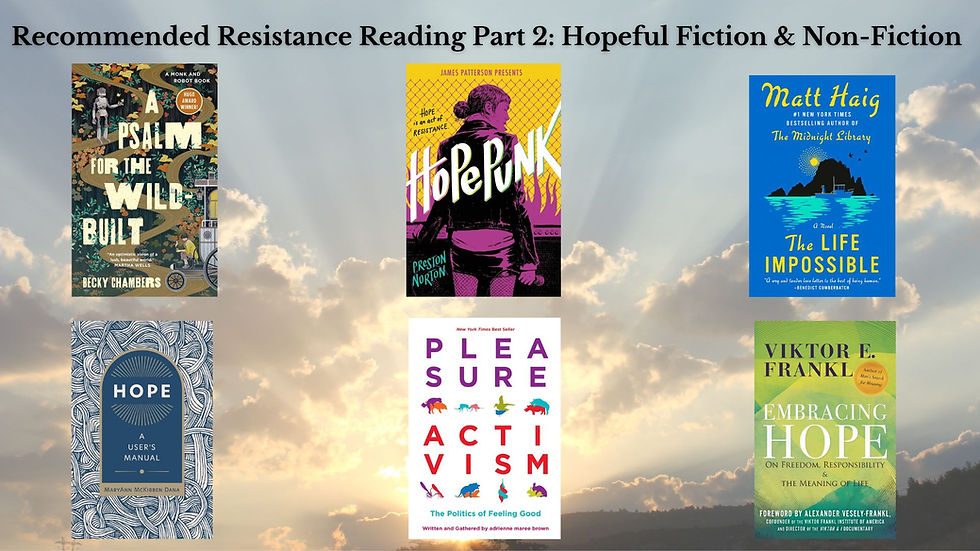I saw it coming. And yet when it happened, I was still angry and numb. No matter what you think of America right now, no matter how bad you think things are or how bad they really are for you, I fail to understand how Donald Trump is the answer to whatever is perceived as wrong.
I want to understand the political landscape. It’s not enough for me to know and name the deep red vs. blue political divide in America between Republicans and Democrats. There’s something going on that is deeper than many of us have been allowing for in our rationalizations, postmortems, Monday morning quarterbacking, and debriefing of the 2024 presidential election. It makes no rational sense that a known charlatan, fraud, convicted criminal, and downright despicable and deplorable human being such as Donald Trump is actually a better person for the job than either Hillary Clinton or Kamala Harris, but here we are.
I’m not satisfied with the contention that Americans are so misogynistic, racist, homophobic and transphobic, antisemitic, Islamophobic, and xenophobic that a majority of people would rather have a specimen like Trump be president because he’s a white male than any woman, not to mention a woman of color. There is certainly enough hate and bigotry in America that these prejudices are without a doubt part of the reason for the Trump/MAGA phenomenon but not enough to explain it completely. The Internet is a powerful propaganda tool, and we know that admittedly politically uninformed people voted for Trump by a large margin. We know the corporate consolidation of the media leaves us with very few solid independent and non-biased sources of actual news and information. We know from the rise in popularity of conspiracy theories that American’s ability to think critically is shrinking. But monopoly, technology, and stupidity alone don’t account for the election results either.
I want to fill in the other spaces. I want more data. I want a more complete picture of where we are as well as how we got here, and if possible, the start of a map to the way out. Voting blue is not getting the job done. I’ve voted blue because the alternative is worse, but it’s not like neoliberalism and late-stage capitalism is doing me a lot of good. I know that the perfect candidate, perfect system, and perfect human government does not exist, but we’ve got to be able to do better than this. There’s a long list of things that make democracy better and would make our country better: National health care, free public education through college, equal funding of all school districts, make election days paid holidays and use automatic absentee ballots, early voting, and rank choice voting. outlaw corporate contributions to candidates and parties and political advertising, abolish the electoral college, abolish the senate, reshape the membership and appointment of the supreme court, end the two-party system with easier ballot access for other political parties. All these things would help. Any one of them would help. And we’re in a place where I can’t envision any of them happening in my lifetime. Can politics work again? How? Is it possible to find the political organization and political power needed to move in these directions? Are we doomed to fall into authoritarian kleptocracy?
Here's what I’m reading to gain a better understanding of how Donald Trump is winning elections and perhaps gain some insight into how elect more reasonable, rational, and compassionate leaders. If you're buying books consider used copies or independent booksellers through Indie Bound.

The New Class War: Saving Democracy from the Managerial Elite by Michael Lind
Left Adrift: What Happened to Liberal Politics by Timothy Shenk
Where Have All the Democrats Gone?: The Soul of the Party in the Age of Extremes by John B. Judis and Ruy Teixeira
Steadfast Democrats: How Social Forces Shape Black Political Behavior by Ismail K. White and Chryl N. Laird
The Real Majority: An Extraordinary Examination of the American Electorate by Richard M. Scammon and Ben J. Wattenberg
The Hollow Parties: The Many Pasts and Disordered Present of American Party Politics by Daniel Schlozman and Sam Rosenfeld
Why American Elections Are Flawed (And How to Fix Them) by Pippa Norris
Cultural Backlash: Trump, Brexit, and Authoritarian Populism by Pippa Norris and Ronald Inglehart
What sources are you currently learning from to understand the state of American politics?

